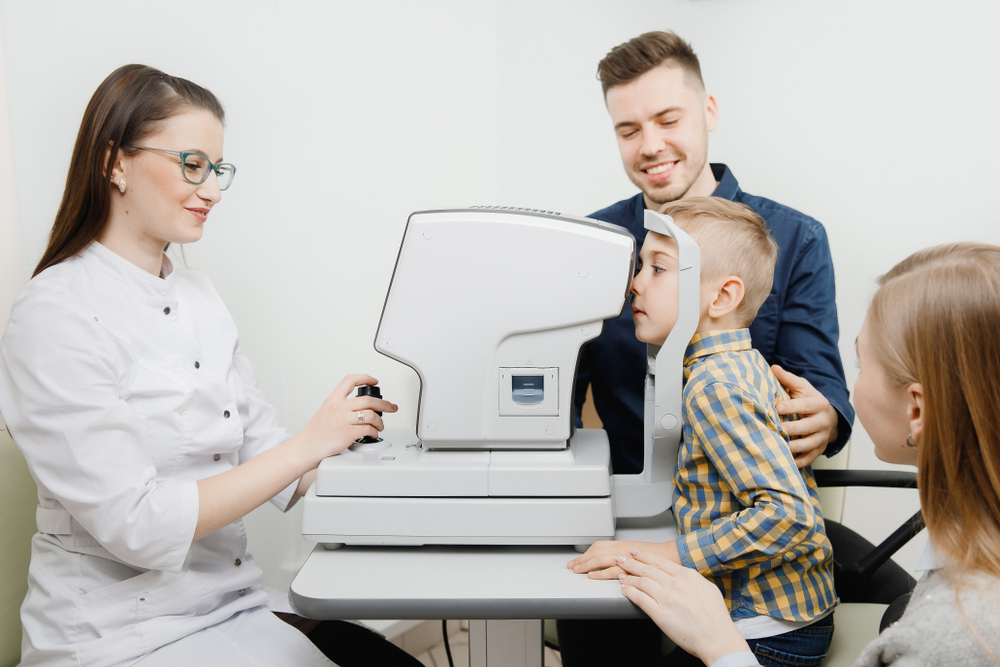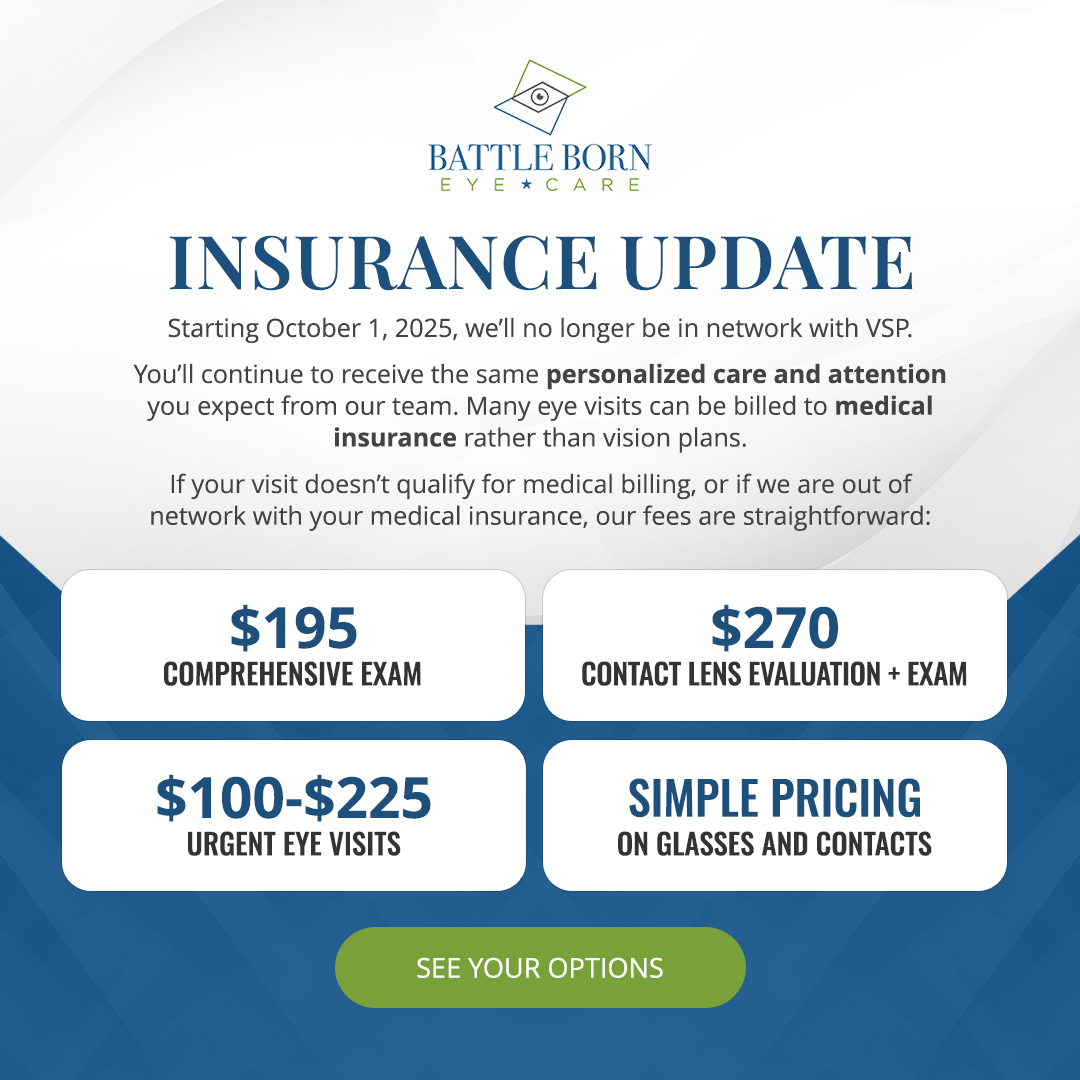
Schools conduct vision screening for students. However, these should not be a substitute for eye exams. Your child needs to go for eye exams from the time they are six months old. It ensures their eyes are developing at the proper pace. After the first visit, their doctor may recommend a checkup every year, at least for the first five years. After that, you can keep it to every two years.
What to Expect
The doctor will be checking for different signs of development at different ages. Here is a breakdown.
Six Months to One Year
The pediatric eye doctor will ask questions about your child’s medical history. They will want to know if any observations concern you. These include frequent blinking, rubbing their eyes, poor tracking skills, and difficulty keeping eye contact.
The doctor will also conduct tests to check for details. These include color vision, focusing skills, and depth perception. The tests will show the doctor whether or not the child’s eyes are developing at the proper pace.
What Happens?
The doctor will shine a light on their eyes. It allows them to check how the pupil behaves in the presence and absence of light. They will observe how it opens and closes. Afterward, they will assess how the child fixates and follows things with their eyes.
The ability to track objects should start developing by three months of age. The doctor will also use specific cards to test the child’s vision. The cards have stripes on one side and are blank on the other. The doctor will check how the child gazes at each side.
Two to Five Years
At this time, the child should be in preschool. They have interests in drawing, coloring, building blocks, Legos, balls, and many more. All these activities require more developmental milestones. The doctor will conduct a series of tests to check for the following.
Ocular health
Visual acuity
Eye tracking
Lazy eye
Convergence
3D vision (stereopsis)
Color vision
What Happens?
At this point, you should point out any signs of developmental delay. It helps as they conduct the tests. The most common test for color vision is the Ishihara test. The doctor uses pictures with different colors to check if your child can distinguish each. They will also use toys and games to check for depth perception, stereopsis, and other skills.
A retinoscopy will check for refractive errors, while ocular exams will check for eye diseases and tumors. At this point, the doctor will have to dilate their eyes. It allows a closer look at the optical nerve, retina, and blood vessels.
Six to 18 Years
Inform the doctor about any failed vision screenings. At these ages, the doctor will check for refractive errors, hand-eye coordination, and peripheral vision, among other skills.
What Happens?
They will ask the child questions about their sight. They will also use eye charts and other specialized equipment to conduct tests.
Importance of Pediatric Eye Exams
All the above visual skills and their tests are vital to healthy eye development. They prepare children for school and life.
For more on pediatric eye exams, visit Battle Born Eye Care at our Reno, Nevada office. Call or text (775) 360-6446 to schedule an appointment today.











